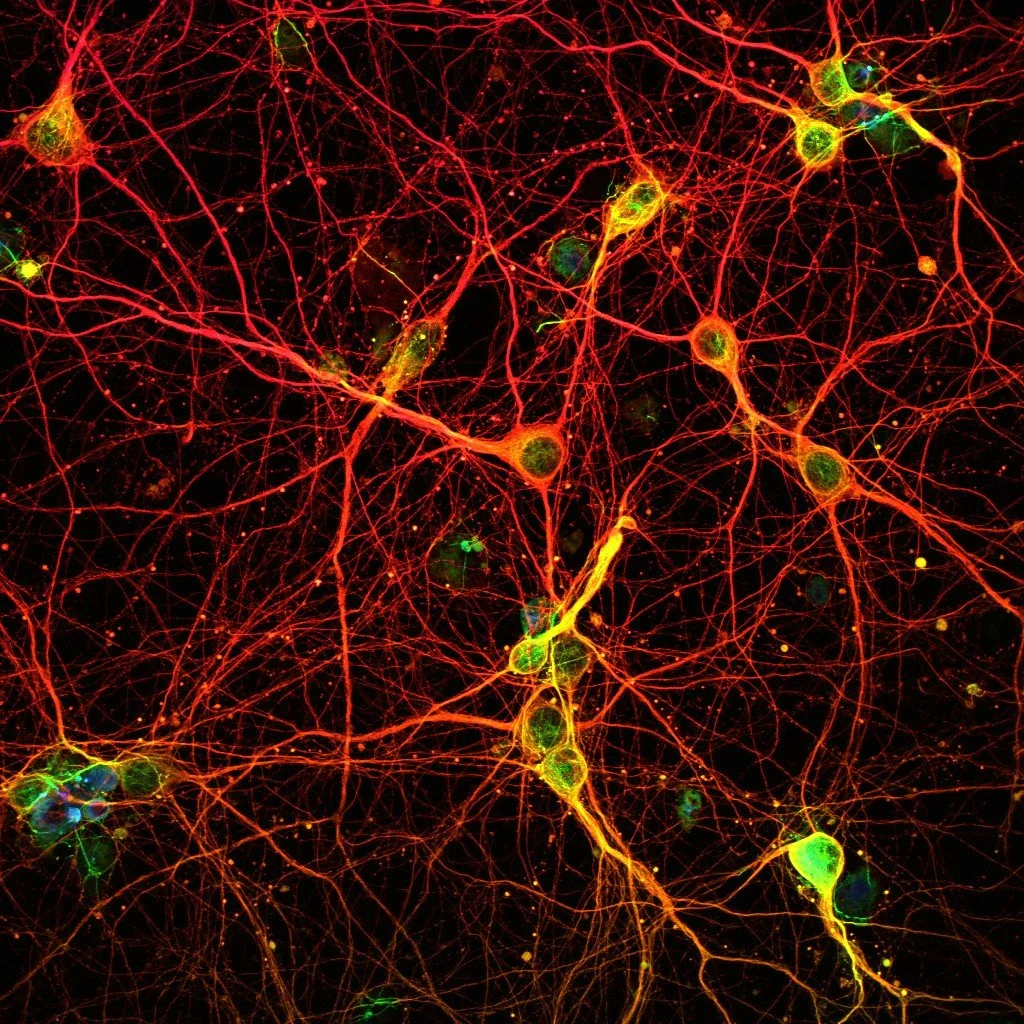PUBLICATIONS
Anti-amyloid antibody equilibrium binding to Aβ aggregates from human Alzheimer disease brain
bioRxiv, 2025
P. Monroe Butler, Anna Francis, Angela L. Meunier, Amirah K. Anderson, Elizabeth L. Hennessey, Michael B. Miller, Cynthia A. Lemere, Dennis J. Selkoe, Andrew M. Stern
Abstract “Importance Anti-amyloid immunotherapy is used to treat Alzheimer disease (AD) with moderate benefits and potentially serious side effects due to amyloid related imaging abnormality with effusions/edema (ARIA-E). Different anti-amyloid antibodies have different in vitro binding characteristics to different synthetic Aβ aggregates, leading to the assumption that they bind different species in the human brain. Lecanemab is hypothesized to bind “protofibrils,” but these are not well-characterized in human brain. It is also unknown how binding differences correlate with ARIA-E rates. The APOE ε4 allele increases ARIA-E risk, but how it affects antibody binding characteristics is unknown.
Objectives To determine whether anti-amyloid antibodies bind different species of human brain Aβ and whether these binding properties to human brain Aβ explains ARIA-E rates….”
Plasma NT1-tau and Aβ42 correlate with age and cognitive function in two large Down syndrome cohorts
Alzheimer's & dementia : the journal of the Alzheimer's Association, 2023
Stern, A. M., Van Pelt, K. L., Liu, L., Anderson, A. K., Ostaszewski, B., Mapstone, M., O'Bryant, S., Petersen, M. E., Christian, B. T., Handen, B. L., Selkoe, D. J., Schmitt, F., Head, E., & Alzheimer's Biomarker Consortium-Down Syndrome (ABC-DS) investigators
Abstract “People with Down syndrome (DS) often develop Alzheimer's disease (AD). Here, we asked whether ultrasensitive plasma immunoassays for a tau N-terminal fragment (NT1-tau) and Aβ isoforms predict cognitive impairment. Plasma NT1-tau, Aβ37, Aβ40, and Aβ42 levels were measured in a longitudinal discovery cohort (N = 85 participants, 220 samples) and a cross-sectional validation cohort (N = 239). We developed linear models and predicted values in the validation cohort. Discovery cohort linear mixed models for NT1-tau, Aβ42, and Aβ37:42 were significant for age; there was no main effect of time. In cross-sectional models, NT1-tau increased and Aβ42 decreased with age. NT1-tau predicted cognitive and functional scores. The discovery cohort linear model for NT1-tau predicted levels in the validation cohort. NT1-tau correlates with age and worse cognition in DS. Further validation of NT1-tau and other plasma biomarkers of AD neuropathology in DS cohorts is important for clinical utility.”
Plasma N-terminal tau fragment is associated with cognitive status and AD biomarkers of tau and neurodegeneration in older adults
Alzheimer’s & Dementia, 2024
Rao, Y., Ostaszewski, B.L., Anderson, A.K., Shirzadi, Z., Liu, L., Yang, H.-S., Chhatwal, J.P., Selkoe, D.J., and Schultz, S.A.
Abstract “The emergence of blood‐based biomarkers offers a cost‐effective and less invasive alternative to established neuroimaging and cerebrospinal fluid biomarkers. Newly developed fluid biomarkers, including N‐terminal tau fragment (NT1), have shown promise for identifying individuals at risk for Alzheimer’s disease (AD). Evidence has shown NT1 may be more abundant than full‐length tau across the AD continuum and has high sensitivity and specificity to separate cognitively normal (CN) individuals from those with mild cognitive impaired (MCI) and AD in discovery and replication cohorts. Here we quantify plasma NT1 in a large, well‐characterized cohort and examine the association between plasma NT1 and cross‐sectional clinical and biomarkers measures…”
Treatment effects of vitamin D3 and marine omega‐3 fatty acids on plasma ADRD biomarkers: Exploring sex and race differences
bioRxiv, 2025
Chirag M Vyas, Beth L Ostaszewski, Amirah K. Anderson,, Nancy R Cook, Jae H Kang, Jennifer R Gatchel, David Mischoulon, Grace Chang, Charles F Reynolds III, JoAnn E Manson, Dennis J Selkoe, Olivia I Okereke
Abstract “Background There is an urgent need to identify novel, accessible and affordable strategies to prevent cognitive decline and progression in the Alzheimer disease and related dementias (ADRD) continuum. Vitamin D3 and marine omega‐3 fatty acids (omega‐3s) supplements show promise for cognitive protection, with potential variations in their effects by sex or race. However, to date, no randomized clinical trials (RCTs) have tested their impact on emerging plasma‐based biomarkers with potential utility to predict ADRD pathogenesis. Methods Vitamin D and Omega‐3 Trial (VITAL) is a completed, nation‐wide, 2x2 factorial placebo‐controlled RCT testing vitamin D3 (2000 IU/d) and omega‐3s (1 g/d) for cancer and cardiovascular disease prevention. We included a Boston‐area sub‐cohort of 929 randomized VITAL participants who provided blood samples at baseline, 2‐year, and/or 4‐year follow‐up. Plasma …”
